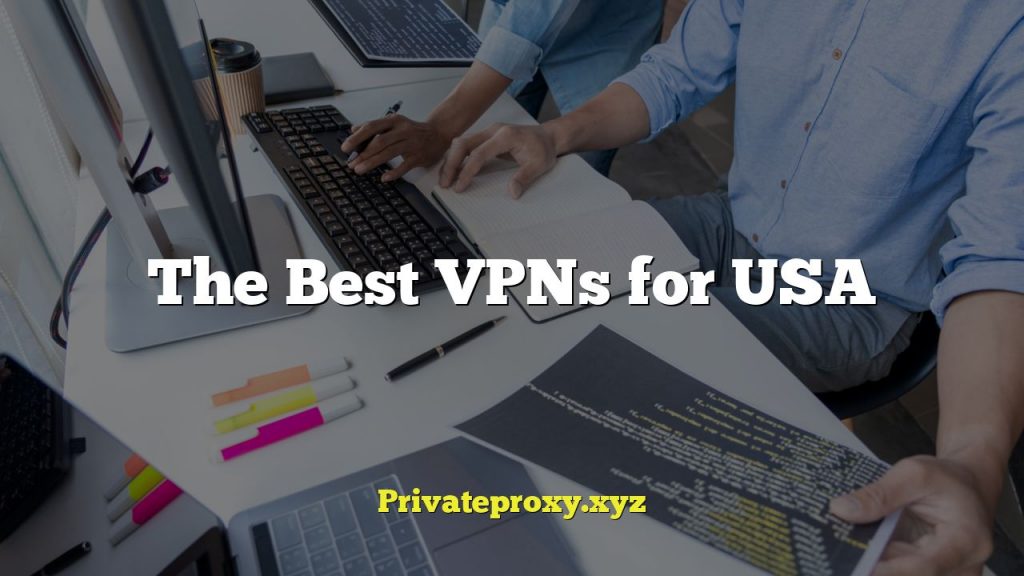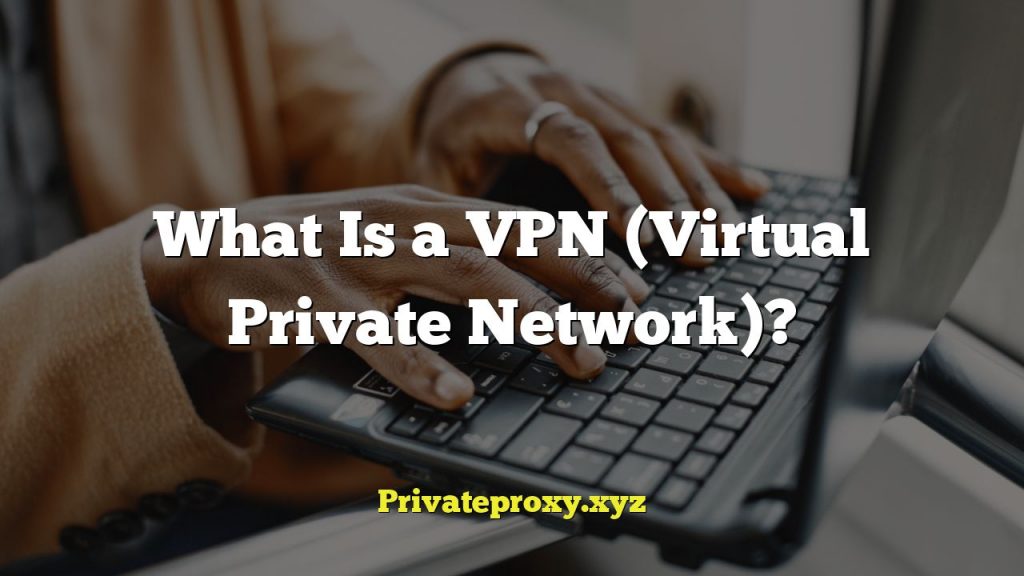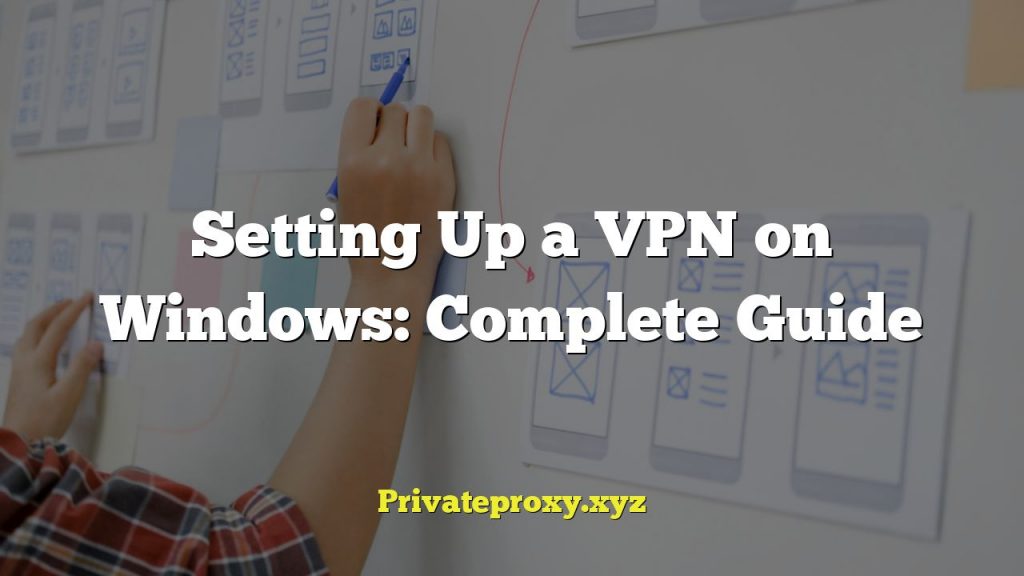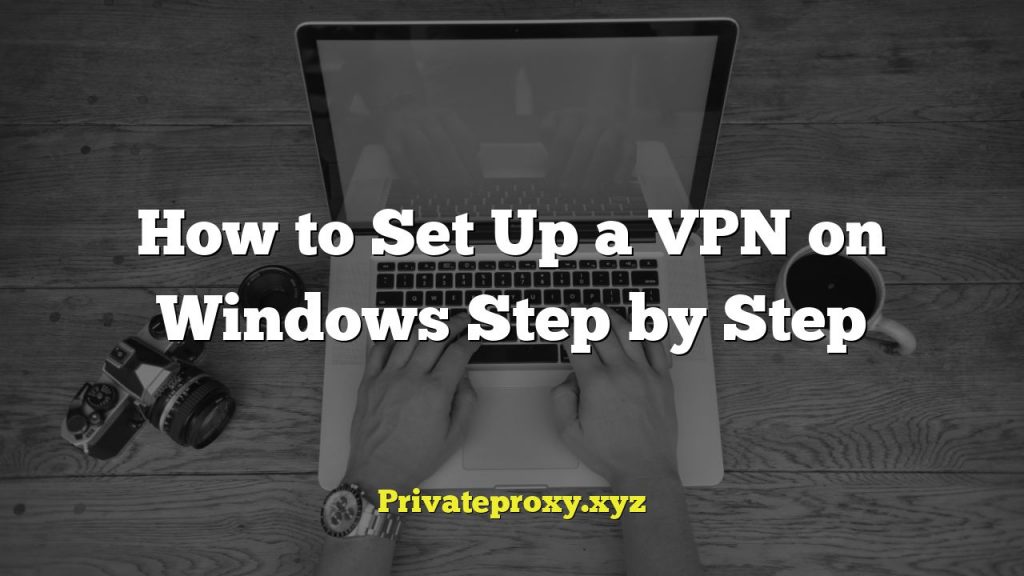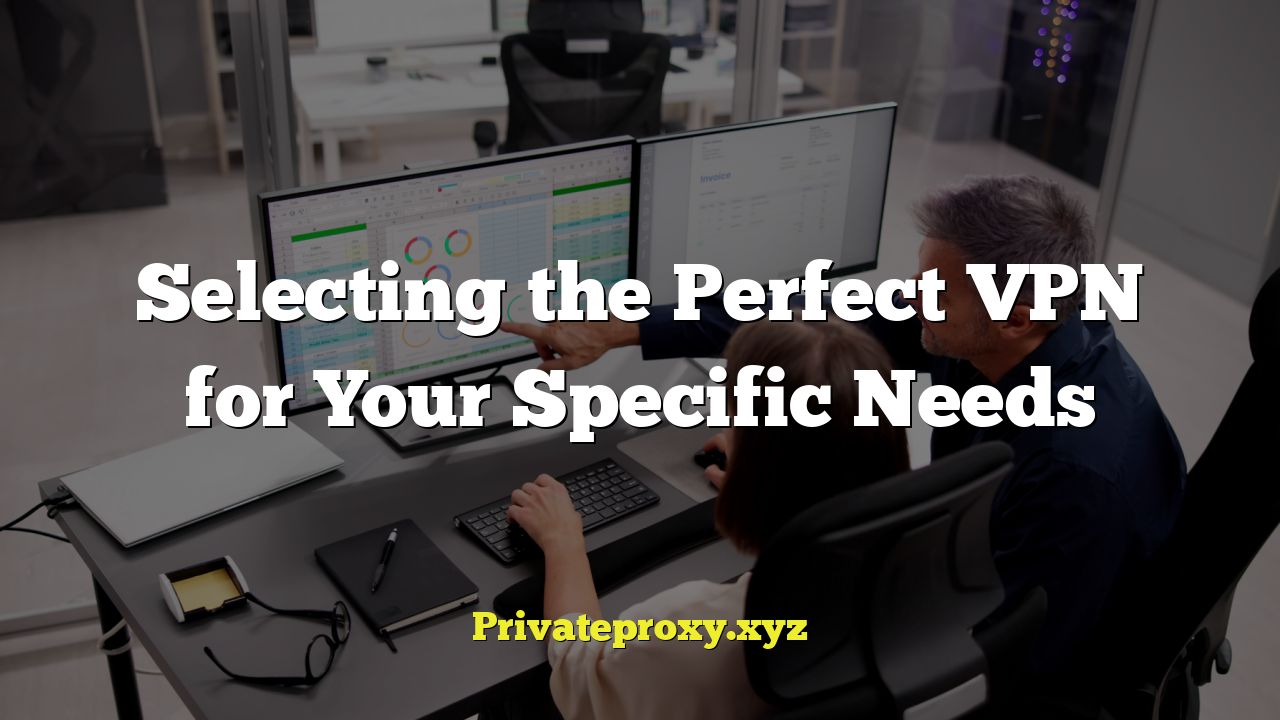
“`html
Understanding VPNs and Why You Need One
A Virtual Private Network (VPN) creates a secure, encrypted connection over a less secure network, like the public internet. This essentially hides your IP address and encrypts your data, making it harder for third parties to track your online activity or steal your sensitive information. VPNs are not just for hiding illegal activities; they offer a wide range of benefits for everyday internet users.
- Privacy Protection: VPNs mask your IP address, preventing websites and trackers from identifying your location and browsing habits.
- Security on Public Wi-Fi: Public Wi-Fi networks are often unsecured, making them vulnerable to hackers. A VPN encrypts your data, protecting it from eavesdropping.
- Circumventing Geo-Restrictions: Some content is only available in certain regions. VPNs allow you to connect to servers in different countries, bypassing these restrictions.
- Bypassing Censorship: In countries with strict internet censorship, VPNs can help you access blocked websites and social media platforms.
- Secure File Sharing: VPNs encrypt your data, making file sharing more secure, especially when using torrents or P2P networks.
Identifying Your VPN Needs
Before diving into the vast world of VPN providers, it’s crucial to identify your specific needs and usage patterns. This will help you narrow down your options and choose a VPN that best suits your requirements. Ask yourself the following questions:
- What is your primary reason for using a VPN? (Privacy, security, accessing geo-restricted content, etc.)
- Where will you be using the VPN? (Home, public Wi-Fi, traveling abroad)
- What devices will you be using the VPN on? (Laptop, smartphone, tablet, smart TV, router)
- How much bandwidth do you need? (Streaming, gaming, downloading large files)
- What level of security do you require? (Basic encryption, advanced security features)
- What is your budget? (Free, budget-friendly, premium)
Answering these questions will help you prioritize the features and characteristics that are most important to you.
Key Features to Consider When Choosing a VPN
Several key features should be considered when selecting a VPN. These features directly impact the performance, security, and usability of the VPN service.
Security and Encryption
* Encryption Protocols: Look for VPNs that use strong encryption protocols such as OpenVPN, IKEv2/IPsec, and WireGuard. These protocols provide robust security and are less vulnerable to attacks. Avoid VPNs that only offer outdated protocols like PPTP, which is known to be insecure.
* Kill Switch: A kill switch automatically disconnects your internet connection if the VPN connection drops. This prevents your IP address and data from being exposed in the event of a VPN failure.
* DNS Leak Protection: DNS leaks can expose your browsing activity even when using a VPN. Ensure that the VPN provides DNS leak protection to prevent this from happening.
* IPv6 Leak Protection: Similar to DNS leaks, IPv6 leaks can expose your IPv6 address. Make sure the VPN offers IPv6 leak protection.
Privacy Policy and Logging
* No-Logs Policy: A no-logs policy means that the VPN provider does not collect or store any data about your online activity, including your browsing history, IP address, connection timestamps, and bandwidth usage. This is crucial for maintaining your privacy. Carefully review the VPN’s privacy policy to understand what data they collect and how they use it.
* Jurisdiction: The jurisdiction in which the VPN provider is based is important because it determines the laws and regulations that govern the company. VPN providers based in countries with strong privacy laws are generally more trustworthy. Avoid VPNs based in countries that are part of the 14 Eyes surveillance alliance.
* Independent Audits: Some VPN providers undergo independent audits by third-party security firms to verify their no-logs policy and security practices. These audits provide an extra layer of assurance.
Server Network
* Server Locations: The number and distribution of server locations are important for accessing geo-restricted content and improving connection speeds. Choose a VPN with servers in the countries you need to connect to.
* Server Speed: Server speed directly impacts your browsing and streaming experience. Look for VPNs with fast servers that can handle high bandwidth activities. Read reviews and test the speed of different servers before committing to a VPN.
* Server Load: A server’s load indicates how many users are connected to it. Servers with high load can experience slower speeds. Choose a VPN that distributes users across its servers to maintain optimal performance.
Speed and Performance
* Connection Speed: VPNs can sometimes slow down your internet connection due to the encryption process. However, a good VPN should minimize the speed reduction. Test the speed of different VPNs before choosing one.
* Bandwidth Limits: Some VPNs impose bandwidth limits, which can restrict your usage. Choose a VPN with unlimited bandwidth if you plan to stream, game, or download large files.
* Latency (Ping): Latency, also known as ping, is the time it takes for data to travel between your device and the server. Low latency is important for gaming and other real-time applications.
Usability and Compatibility
* Ease of Use: The VPN software should be user-friendly and easy to navigate, even for beginners. Look for VPNs with intuitive interfaces and clear instructions.
* Device Compatibility: Ensure that the VPN is compatible with all the devices you plan to use it on, including your laptop, smartphone, tablet, and smart TV.
* Simultaneous Connections: Some VPNs allow you to connect multiple devices simultaneously with a single account. This is useful for families or individuals who want to protect all their devices.
* Customer Support: Reliable customer support is essential if you encounter any issues with the VPN. Look for VPNs that offer 24/7 live chat support, email support, or a comprehensive knowledge base.
Pricing and Plans
* Subscription Options: VPNs typically offer various subscription options, including monthly, yearly, and multi-year plans. Longer subscriptions usually offer better value.
* Free Trials and Money-Back Guarantees: Take advantage of free trials or money-back guarantees to test the VPN before committing to a long-term subscription.
* Payment Methods: Choose a VPN that offers a variety of payment methods, including credit cards, PayPal, and cryptocurrencies, for added privacy.
Types of VPN Protocols Explained
VPN protocols are the methods used to establish a secure connection between your device and the VPN server. Different protocols offer varying levels of security, speed, and compatibility. Here’s a breakdown of the most common VPN protocols:
* OpenVPN: OpenVPN is a highly secure and widely used open-source protocol. It’s considered one of the most reliable protocols available and offers strong encryption. It’s compatible with most operating systems and devices.
* IKEv2/IPsec: IKEv2/IPsec is another secure and fast protocol that is often used on mobile devices. It’s known for its stability and ability to quickly reconnect after a connection interruption.
* WireGuard: WireGuard is a relatively new and modern protocol that is designed to be faster and more secure than older protocols like OpenVPN. It’s becoming increasingly popular among VPN providers.
* L2TP/IPsec: L2TP/IPsec is a combination of two protocols that provides a reasonable level of security. However, it’s generally considered less secure than OpenVPN and IKEv2/IPsec.
* PPTP: PPTP is an older protocol that is known to be insecure and should be avoided. It’s often blocked by firewalls and is not recommended for privacy or security.
Free VPNs vs. Paid VPNs: What You Need to Know
While free VPNs may seem attractive, they often come with significant limitations and risks. Paid VPNs generally offer better security, privacy, and performance. Here’s a comparison of the two:
Free VPNs:
- Limited Bandwidth and Data: Free VPNs often impose bandwidth and data limits, which can restrict your usage.
- Slower Speeds: Free VPNs typically have slower speeds due to server congestion and limited resources.
- Fewer Server Locations: Free VPNs usually have a limited number of server locations, which can restrict your ability to access geo-restricted content.
- Logging and Data Collection: Some free VPNs log your browsing activity and sell your data to third parties.
- Advertising: Free VPNs often display intrusive ads to generate revenue.
- Security Risks: Some free VPNs contain malware or other security risks.
Paid VPNs:
- Unlimited Bandwidth and Data: Paid VPNs offer unlimited bandwidth and data, allowing you to stream, game, and download files without restrictions.
- Faster Speeds: Paid VPNs typically have faster speeds due to better infrastructure and less server congestion.
- More Server Locations: Paid VPNs offer a wider range of server locations, giving you more options for accessing geo-restricted content.
- No-Logs Policy: Reputable paid VPNs have a strict no-logs policy, ensuring that your browsing activity is not tracked or stored.
- No Advertising: Paid VPNs do not display ads.
- Stronger Security: Paid VPNs use stronger encryption and offer advanced security features like a kill switch and DNS leak protection.
In general, it’s recommended to choose a paid VPN for better security, privacy, and performance.
Setting Up and Using Your VPN
Once you’ve chosen a VPN, the setup process is usually straightforward. Here are the general steps:
- Download the VPN App: Download the VPN app from the provider’s website or your device’s app store.
- Install the App: Install the app on your device.
- Create an Account: Create an account with the VPN provider.
- Log In: Log in to the VPN app using your account credentials.
- Connect to a Server: Choose a server location and connect to it.
- Verify Your Connection: Verify that your IP address has changed and that your connection is secure. You can use online tools to check your IP address and DNS leaks.
Most VPN apps are user-friendly and offer a simple interface for connecting to servers and managing your settings.
Troubleshooting Common VPN Issues
Even with a good VPN, you may occasionally encounter some issues. Here are some common problems and how to troubleshoot them:
- Slow Connection Speeds: Try connecting to a different server location, especially one that is closer to your physical location. Also, check your internet connection speed and make sure there are no other devices using a lot of bandwidth.
- Connection Issues: Make sure your VPN app is up to date. Try restarting your device and the VPN app. Also, check your firewall settings to ensure that the VPN is not being blocked.
- DNS Leaks: Ensure that your VPN has DNS leak protection enabled. You can use online tools to check for DNS leaks.
- IP Address Not Changing: Make sure the VPN is connected properly and that you are not using a proxy server. Clear your browser cache and cookies and try again.
- Website Blocking: Some websites block VPN traffic. Try connecting to a different server location or using a different VPN protocol.
If you are unable to resolve the issue, contact your VPN provider’s customer support for assistance.
“`
